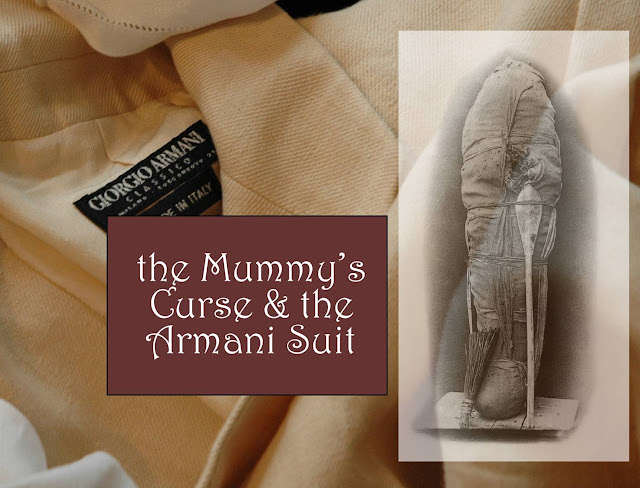Musing About Muses
For me, a muse is a bang on the ear that dumps fermented apple juice into my brain. Or, if not apple juice, dopamine buzzing like a bad ballast in a flickering fluorescent lamp. In this simile, the urge to paint or write are triggered not by furrowing my brow in deep thought, but by that promise or inkling of a hormone rush that is evoked by an uncommon event. That event may manifest itself through any of my senses. A smell or sound can suggest more than hunger or a desire to dance. I have been disarmed by smiles and frowns, scowls and sighs, or a cluster of startling words, often misread.
The beauty of inspiration is that it pumps a taste of the pleasure reward directly into the brain, and a flood of it after the act of creation. Now, there is where the similarity to sexual stimulation and the blessing of orgasm make the comparison credible and not judgmental.
I find muses everywhere, or maybe not everywhere, but I have learned to pay attention. Often an inspiration is a single island, a floating inner tube, an orange life vest, a one-time-thing, something glanced from afar. From time to time the muse is a fountain, constantly replenishing itself and refreshing me. I have learned to not tell the muse, in a case such as that, that she is my muse. To say so is tantamount to giving her, him, or it power. The muse is never in control and cannot be controlled. The illusion of harnessing that energy invariably ends with a well running dry.
When the muse appears, the muse may appear as a glimmer.
William Butler Yeats saw her standing just there,
while other learned men spoke of Politics.
"How can I, that girl standing there"
Yeat's more than hints that his Muse is nearby in the opening line and final thoughts
in the poem "Politics"





Comments
Post a Comment